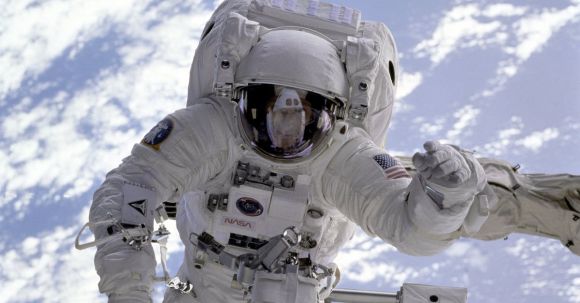Have you ever wondered why zero gravity is referred to as microgravity? The term microgravity may sound perplexing at first, but it actually makes perfect sense when we delve into the science behind it. In this article, we will explore the reasons why zero gravity is called microgravity and gain a better understanding of the concept.
Defining Zero Gravity
Before we can comprehend why zero gravity is labeled as microgravity, let’s first define what zero gravity means. Zero gravity is a condition in which the force of gravity experienced by an object is effectively nullified or greatly reduced. This occurs in space, where astronauts and objects are in a state of apparent weightlessness.
The Link to Microgravity
Now that we know what zero gravity is, let’s uncover the connection to microgravity. The prefix “micro-” in microgravity refers to a small or reduced scale. Thus, microgravity essentially means a reduced or diminished level of gravity. This term accurately describes the state of zero gravity experienced in space.
The Influence of Gravity
In order to understand why zero gravity is called microgravity, it is imperative to comprehend the influence of gravity on our daily lives. On Earth, gravity is responsible for the weight we feel and dictates the motion and behavior of objects. We are constantly subjected to the force of gravity, which keeps us grounded and affects the movement of everything around us.
The Role of Microgravity in Space
In the absence of gravity or in microgravity conditions, the behavior of objects and the human body significantly differ from what we experience on Earth. When astronauts journey into space, they enter an environment where the force of gravity is significantly diminished. This reduction in gravity has profound effects on various aspects of space exploration.
Effects on the Human Body
Microgravity has a profound impact on the human body. In the absence of gravity, our bones and muscles experience reduced stress and strain, leading to muscle atrophy and bone loss. Furthermore, bodily fluids shift and redistribute, causing changes in our cardiovascular system. These physiological changes pose challenges for astronauts during long-duration space missions.
Effects on Objects and Experiments
In addition to its impact on the human body, microgravity also influences how objects behave in space. On Earth, gravity affects the motion and behavior of fluids, flames, and other physical phenomena. In microgravity, however, these factors are altered, allowing scientists to conduct experiments and observe phenomena that would be impossible on our planet. This has led to numerous discoveries and advancements in various scientific fields.
The Importance of the Term “Microgravity”
By calling zero gravity microgravity, scientists and researchers accurately describe the reduced level of gravity experienced in space. This term highlights the distinction between the gravity we encounter on Earth and the altered state in space. It helps to convey the unique conditions and challenges faced by astronauts and enables us to better understand the scientific implications of zero gravity.
In Conclusion
The term microgravity provides a concise and accurate description of the reduced level of gravity experienced in space. By understanding the influence of gravity on our daily lives and the unique conditions in space, we can appreciate why zero gravity is referred to as microgravity. This term encompasses the impact on the human body, the behavior of objects, and the scientific discoveries made in space. So, the next time you hear the term microgravity, you will know exactly why it is called so.





